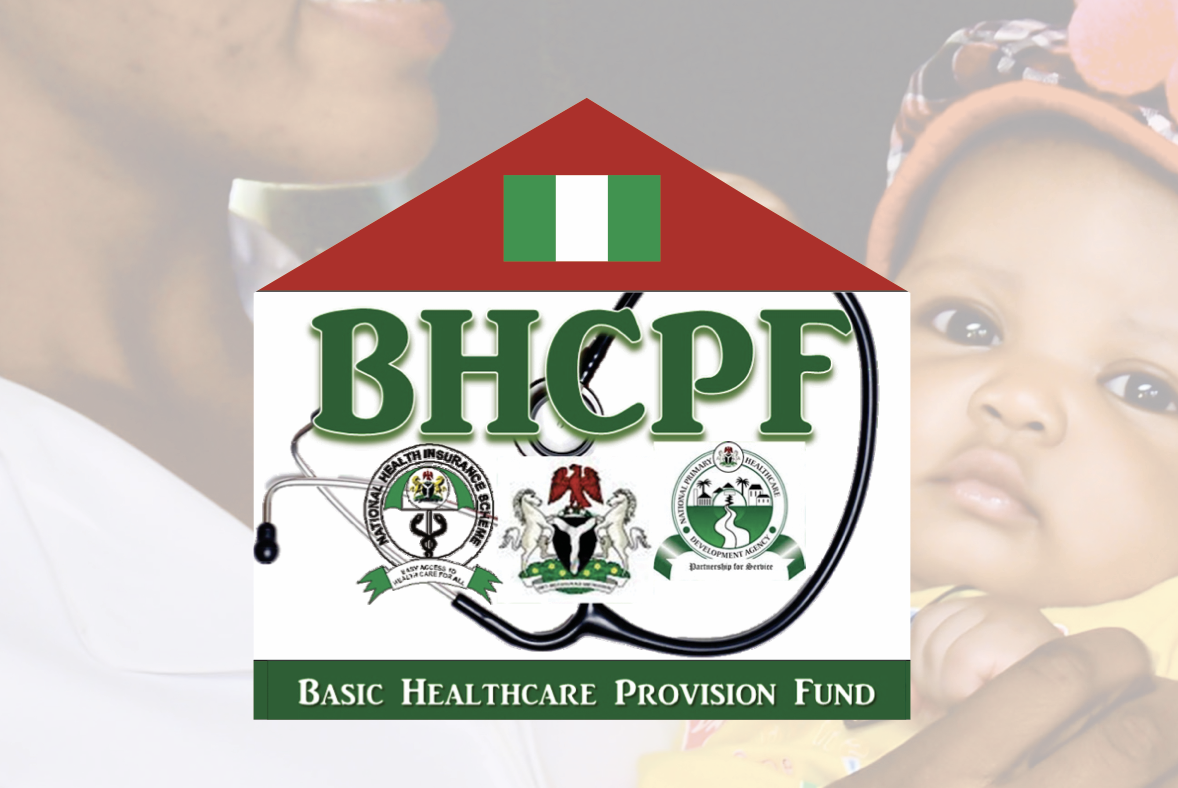Nigeria plans to raise BHCPF funding from 1% to 2% of revenue and enroll 44M citizens in health insurance by 2030. With 70% out-of-pocket spending, govt seeks domestic funding, broader NHIA rollout, and state/private sector support to expand coverage and protect the vulnerable.
The Federal Government of Nigeria has announced plans to seek approval from the National Assembly to increase the Basic Healthcare Provision Fund (BHCPF) allocation from the current one percent of consolidated revenue to at least two percent. This initiative is part of broader efforts under the Federal Ministry of Health and Social Welfare’s presidential performance bond, which targets enrolling at least 44 million Nigerians into the National Health Insurance Scheme by 2030. The government emphasized that reducing the high reliance on out-of-pocket health spending, currently at about 70 percent, is critical to achieving Universal Health Coverage.
At the National Health Financing Policy Dialogue in Abuja, the Minister of State for Health, Dr. Iziaq Adekunle Salako, explained that policies, regulations, and legislations, including the National Health Insurance Authority (NHIA) Act of 2022, are central to removing the financial burden on individuals. The NHIA Act mandates health insurance for all Nigerians and established the Vulnerable Group Fund to support the poor and vulnerable who cannot afford premiums, with the BHCPF serving as a key operational tool.
Coordinating Minister of Health, Prof. Ali Pate, reaffirmed that government cannot sustain a healthcare system that relies heavily on donor funding, which has sharply declined in recent years. He stressed the need for domestic resource mobilization, acknowledging that quality healthcare requires substantial investment. Pate noted that federal contributions to health have already increased, and states and local governments are expected to match these efforts. He cited the recent surge of 4 million enrollees into health insurance within 18 months as a positive shift, though coverage remains limited compared to the population.
The Director General of the NHIA, Dr. Kelechi Ohiri, added that 2.7 million poor and vulnerable Nigerians have already been covered through the BHCPF. The dialogue aimed to strengthen transparency, accountability, and private sector participation in health financing, while encouraging greater state and local government involvement alongside development partners.



